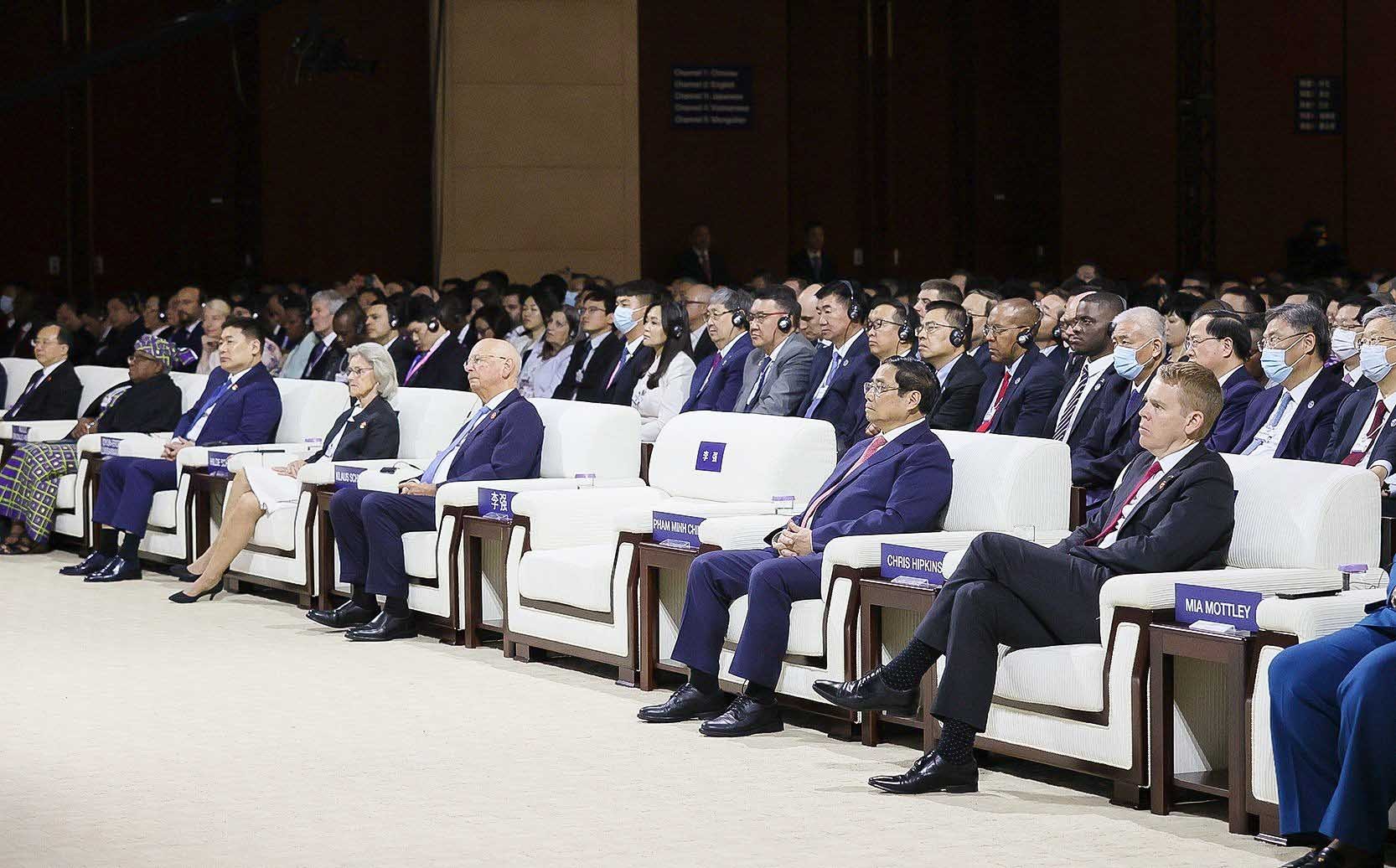 |
| Vietnam outlines approaches and directions to deal with 'headwinds' hindering economic growth. |
On the morning of June 27, Prime Minister Pham Minh Chinh attended the opening session of the World Economic Forum Pioneers Conference in Tianjin 2023; attended and spoke at the Discussion Session with the theme "Coping with Headwinds: Restarting Growth in a Fragile Context".
In his opening speech, Chinese Premier Li Qiang affirmed that China will promote the Chinese economy towards high-quality, stable and sustainable development in the long term; committed to continuing to expand the market, strengthen cooperation and create opportunities for the recovery of the world economy as well as opportunities for investors.
The world should “cherish openness and cooperation after experiencing setbacks in economic globalization,” the Chinese premier said, adding that “sincere and effective” exchanges are needed to enhance understanding and reduce conflicts. He also said cooperation is needed to address global challenges including public health governance, climate change, rising debt and slow growth.
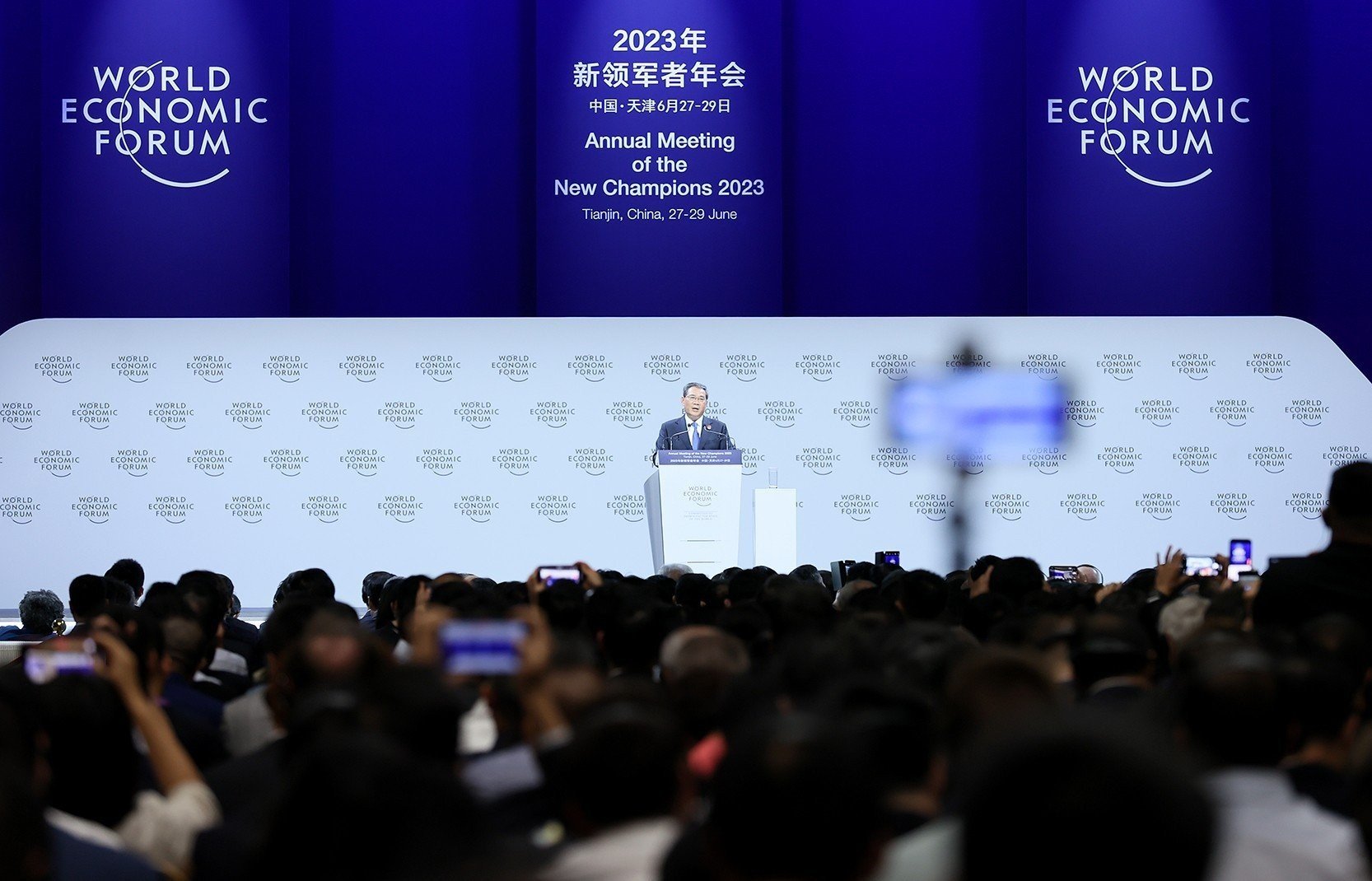 |
| At the opening session, Chinese Premier Li Qiang affirmed that he would promote the Chinese economy towards high-quality, stable, and sustainable development in the long term. (Photo: Yang Jiang) |
The first discussion session of the WEF Tianjin Conference was chaired by WEF President Borge Brende, with the participation of more than 300 delegates, including leaders of countries, international organizations and representatives of large corporations and enterprises in the world.
Joining Prime Minister Pham Minh Chinh in the discussion were New Zealand Prime Minister Chris Hipkins, Barbados Prime Minister Mia Mottley, WTO Director-General Ngozi Okonjo-Iweala and Chairman of the State-owned Assets Supervision and Administration Commission of China Zhang Yuzhuo.
Speaking at the Conference, Prime Minister Pham Minh Chinh highly appreciated the WEF for choosing Tianjin, China as the venue for the Conference, demonstrating China's important role in the global economy and the strong development of the Chinese economy in difficult conditions.
The Prime Minister emphasized six “headwinds” that are hindering the growth of the world economy and Vietnam. These are: (i) global economic downturn, rising inflation, etc.; people's lives are facing many difficulties; (ii) the consequences of the Covid-19 pandemic on the world economy and other countries are still long-lasting; (iii) geostrategic competition, protectionism, separation, fragmentation, and lack of close connectivity; (iv) conflicts, including the conflict in Ukraine, threaten global food and energy security; (v) developing countries are most severely affected and have limited ability to adapt and withstand external shocks; (vi) climate change, natural disasters, and epidemics are increasingly complex and unpredictable.
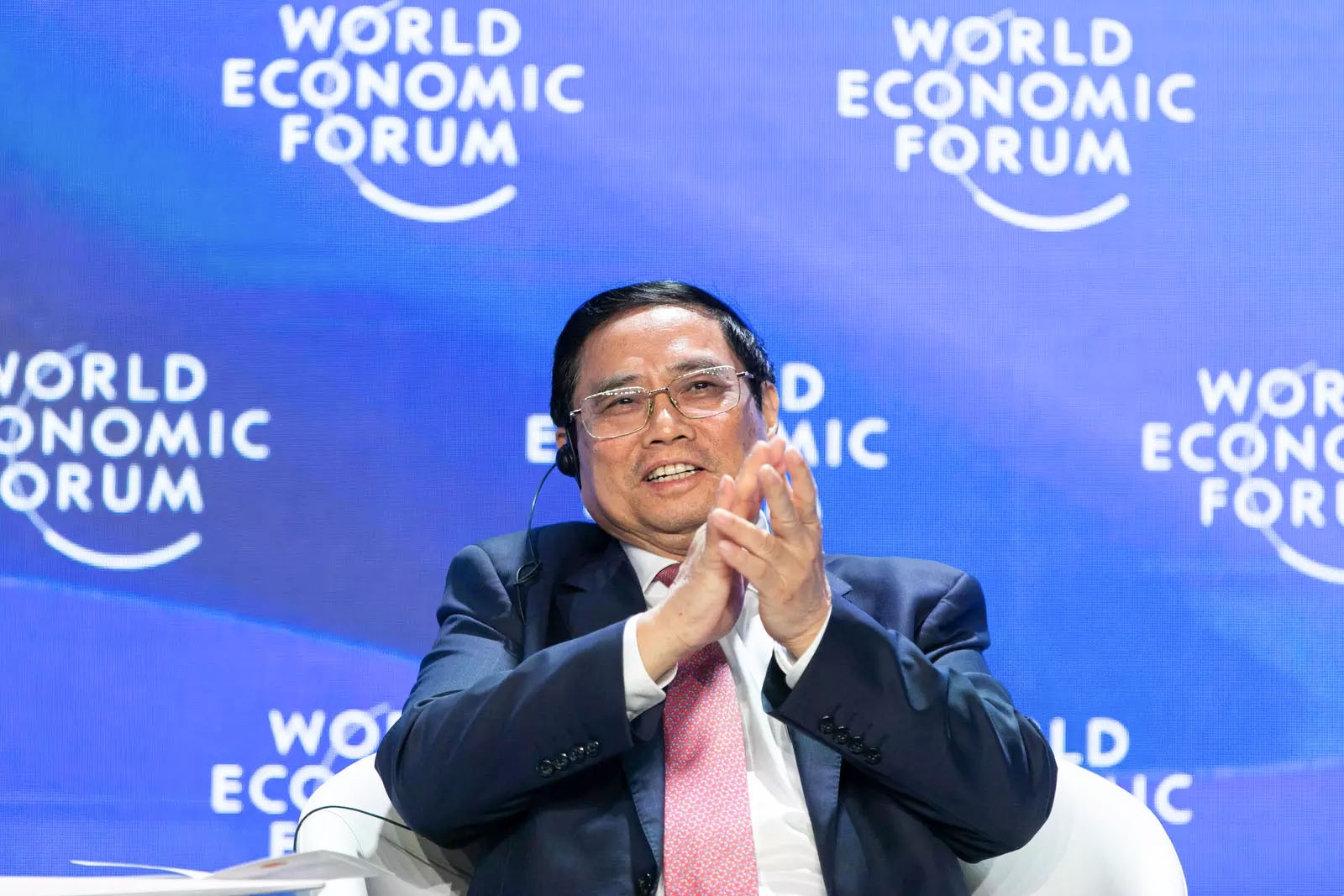 |
| Prime Minister Pham Minh Chinh at the Discussion Session with the theme “Coping with Headwinds: Restarting Growth in a Fragile Context”. (Source: WEF) |
To cope with the "headwinds", the Prime Minister has proposed an approach and six important orientations.
Regarding the approach, the Prime Minister said that these are global issues that affect people, so a global, all-people approach is needed.
Regarding orientations, the Prime Minister emphasized that, firstly, it is necessary to strengthen international solidarity, promote multilateralism; put people as both the subject and the center, the resource and the driving force for development .
Second, it is necessary to focus on restoring production and business, creating jobs, promoting trade and investment, creating capital flows, markets and products. Accordingly, international organizations, international financial institutions and major countries need to have policies to unlock resources, activate new growth drivers in digital transformation, green growth, circular economy, market diversification, anti-protectionism, especially prioritizing poor and developing countries.
Third, there are appropriate solutions to promote aggregate supply and aggregate demand through monetary and fiscal policies, promote trade and investment liberalization, and reduce energy and food prices.
Fourth, do not politicize economic relations and minimize factors that hinder global development.
Fifth, seek early solutions to conflicts.
Sixth, strengthen public-private cooperation, create favorable conditions for businesses, especially small and medium enterprises.
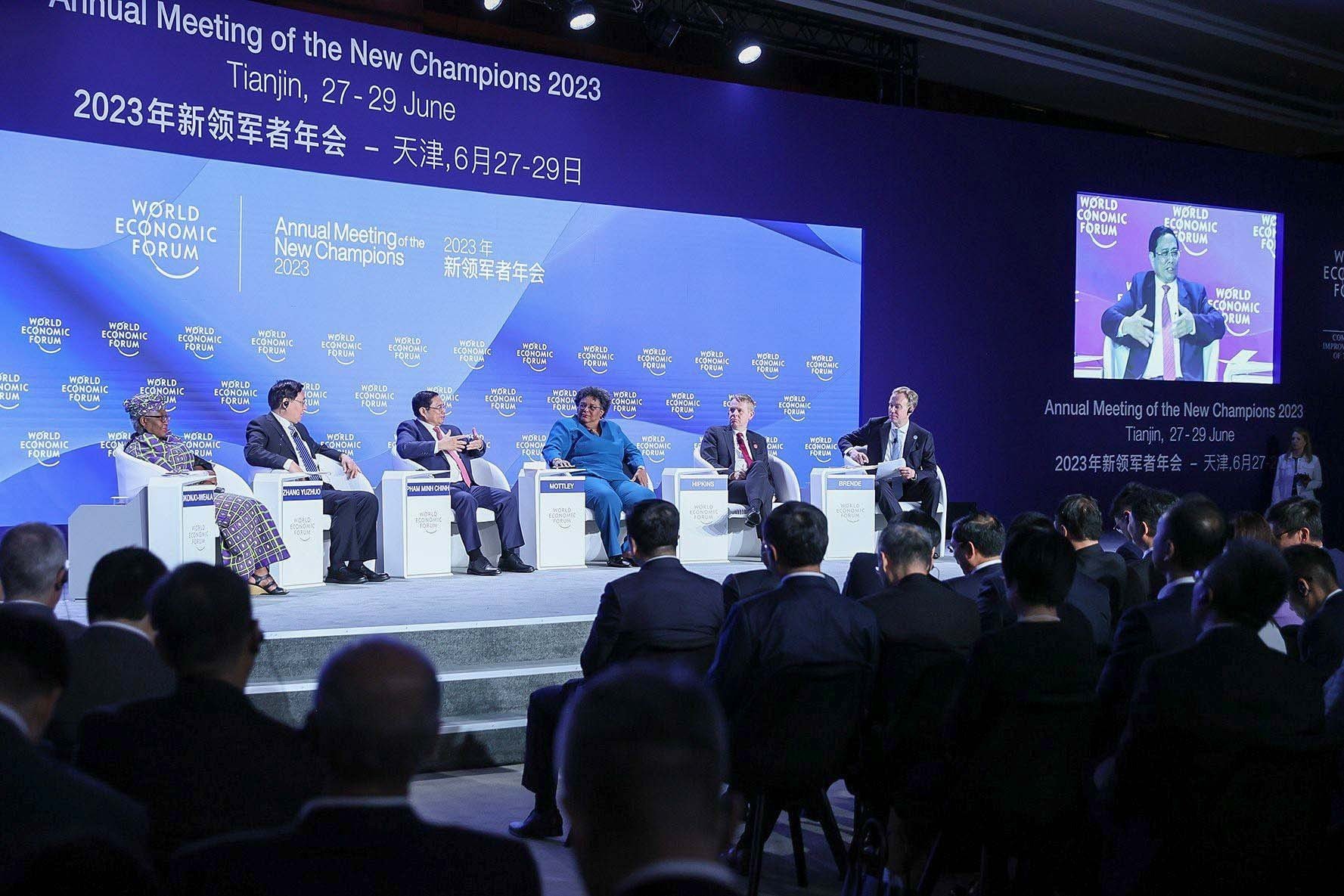 |
| To cope with the “headwinds”, the Prime Minister has proposed an approach and six important orientations. (Photo: Duong Giang) |
The Prime Minister shared Vietnam's experiences and lessons in the process of fighting the pandemic and recovering and promoting economic growth. The Prime Minister affirmed that Vietnam will continue to focus on implementing three strategic breakthroughs in infrastructure - institutions - human resources; Vietnam's consistent viewpoint is not to sacrifice fairness, social security, and environmental protection to pursue pure growth.
The Prime Minister pledged that Vietnam will continue to create the most favorable conditions for international and domestic enterprises and continue to improve the investment and business environment. The Head of the Vietnamese Government requested countries and international organizations, including the WEF and its members, to continue to cooperate and support Vietnam in terms of technology, finance, human resource training and modern management experience, helping Vietnam continue to achieve its socio-economic development goals as set.
Sharing the comments and directions given by the Prime Minister, WEF President Borge Brende congratulated and said that the international community knows Vietnam as one of the countries with high economic growth in the region, developing very dynamically and converging many potentials to increasingly contribute to regional and global economic growth.
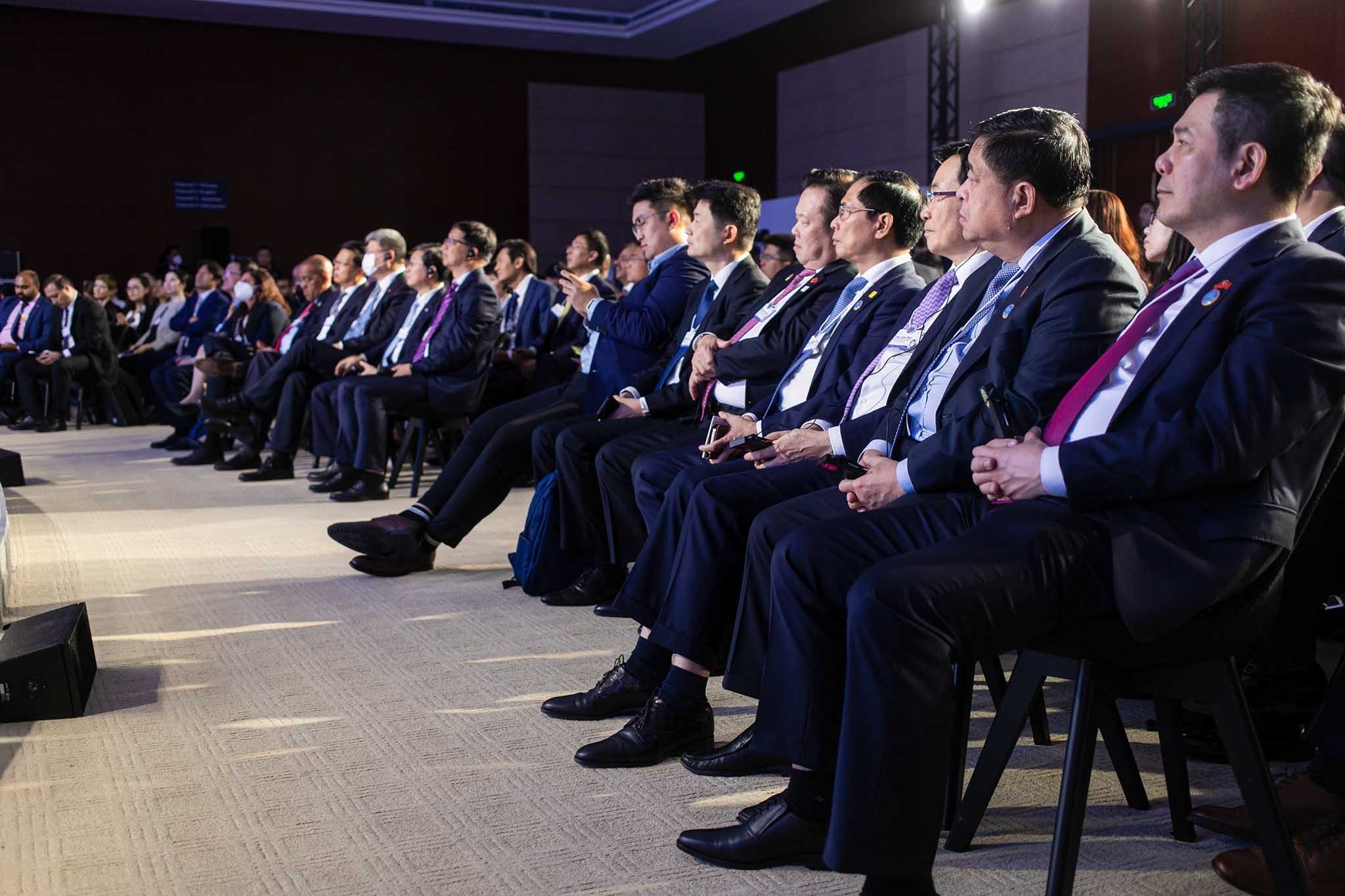 |
| This year's conference attracted the participation of more than 1,400 delegates, including Prime Minister/Minister leaders from 21 countries, and leaders from 850 corporations, agencies, and global organizations. (Source: WEF) |
The WEF Tianjin Conference is the most important and second largest event of the WEF after the Annual Conference in Davos. This year's conference attracted the participation of more than 1,400 delegates, including Prime Ministers/Ministers of 21 countries, and leaders from 850 corporations, agencies and global organizations. Vietnam is one of 5 countries selected to attend at the Prime Minister level, along with the Prime Ministers of China, New Zealand, Mongolia and Barbados.
At the Discussion Session, leaders of governments, international organizations and representatives of corporations and businesses around the world assessed the global economic situation and solutions to effectively exploit opportunities to restart growth. Speakers emphasized strengthening connectivity, avoiding fragmentation, separation, and disintegration among countries, limiting protectionism and inward-looking. Speakers also affirmed that countries need to increase the mobilization of diverse capital sources for green development and climate change response.
Source


![[Photo] President Luong Cuong presents the decision to appoint Deputy Head of the Office of the President](https://vphoto.vietnam.vn/thumb/1200x675/vietnam/resource/IMAGE/2025/5/8/501f8ee192f3476ab9f7579c57b423ad)
![[Photo] Prime Minister Pham Minh Chinh meets with the Policy Advisory Council on Private Economic Development](https://vphoto.vietnam.vn/thumb/1200x675/vietnam/resource/IMAGE/2025/5/8/387da60b85cc489ab2aed8442fc3b14a)
![[Photo] National Assembly Chairman Tran Thanh Man chairs the meeting of the Subcommittee on Documents of the First National Assembly Party Congress](https://vphoto.vietnam.vn/thumb/1200x675/vietnam/resource/IMAGE/2025/5/8/72b19a73d94a4affab411fd8c87f4f8d)
![[Photo] General Secretary concludes visit to Azerbaijan, departs for visit to Russian Federation](https://vphoto.vietnam.vn/thumb/1200x675/vietnam/resource/IMAGE/2025/5/8/7a135ad280314b66917ad278ce0e26fa)
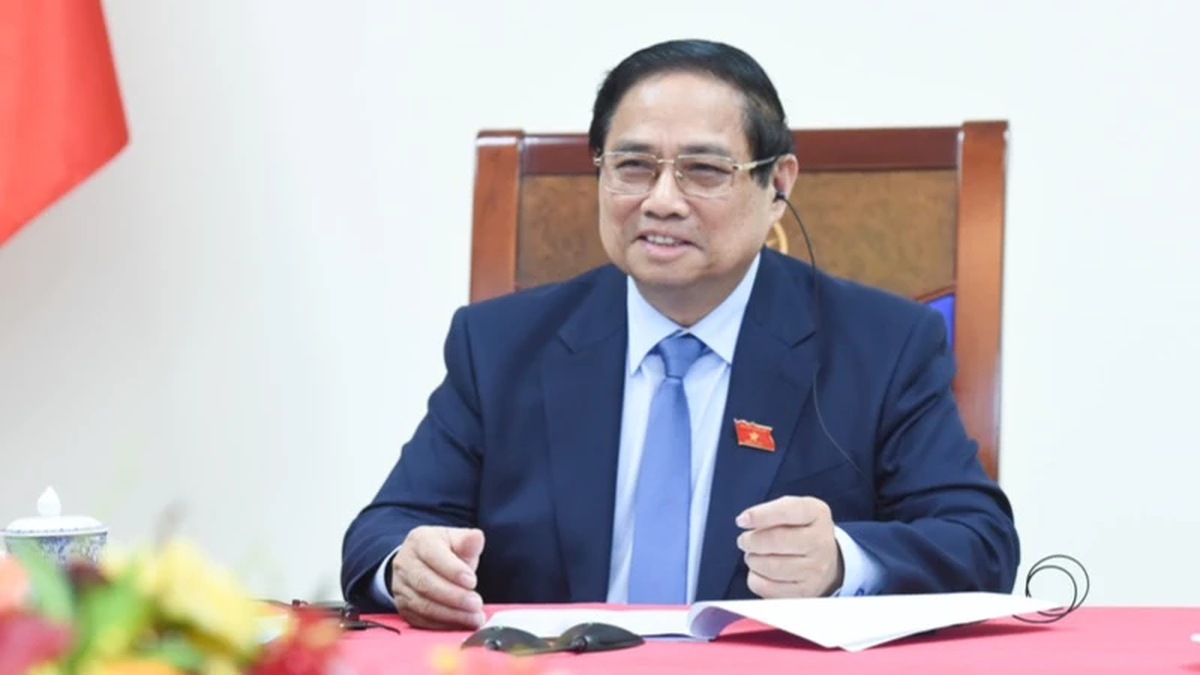

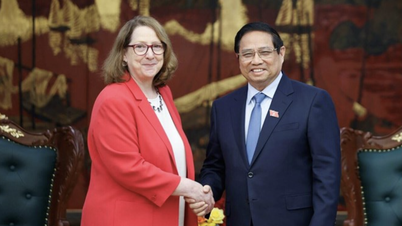





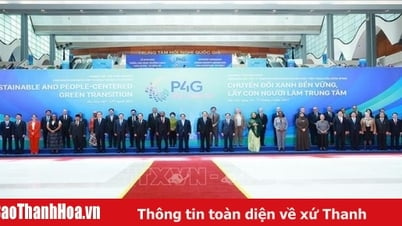

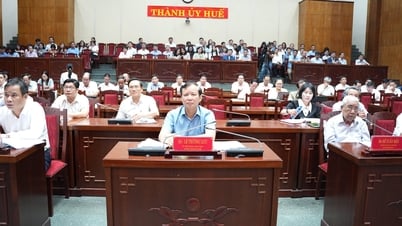



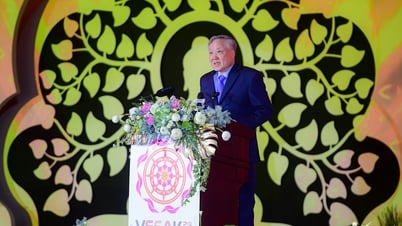
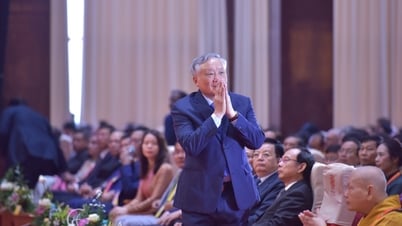
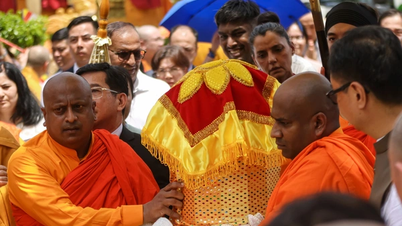
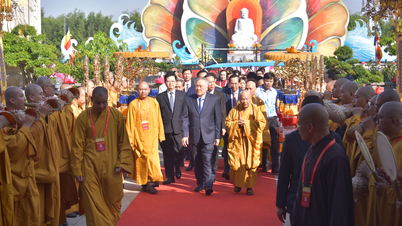
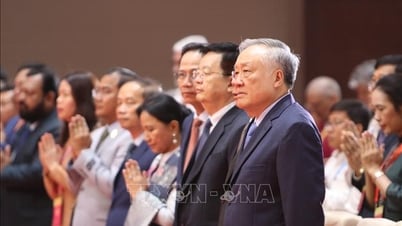
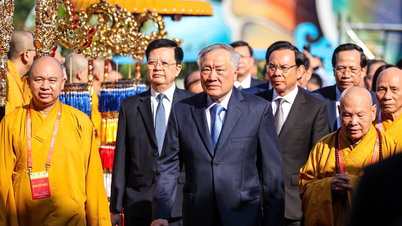




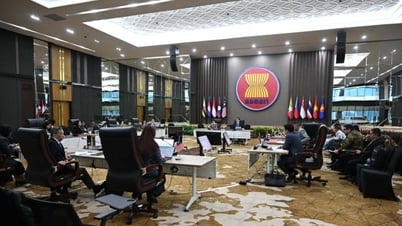

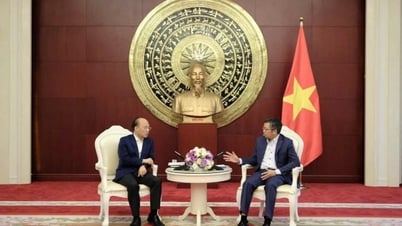

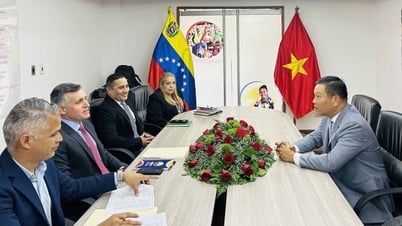


































![[Photo] Prime Minister Pham Minh Chinh talks on the phone with Singaporean Prime Minister Lawrence Wong](https://vphoto.vietnam.vn/thumb/402x226/vietnam/resource/IMAGE/2025/5/8/e2eab082d9bc4fc4a360b28fa0ab94de)










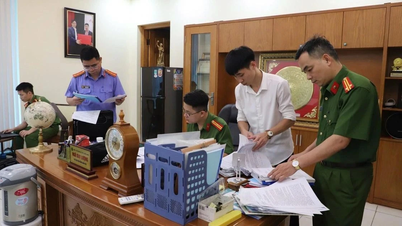



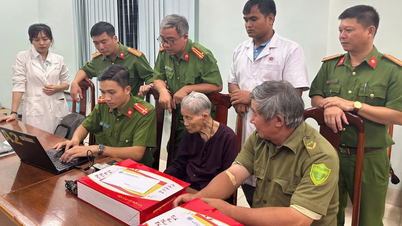

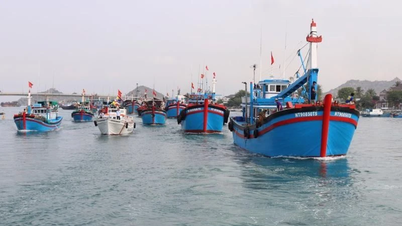
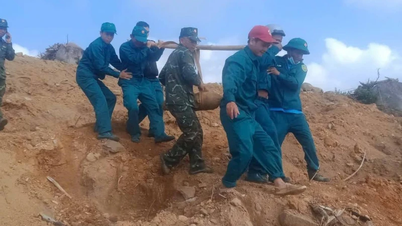
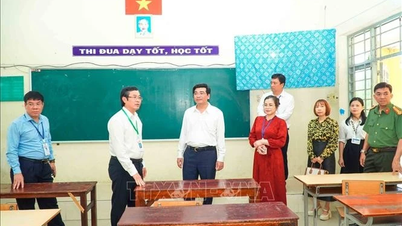













Comment (0)